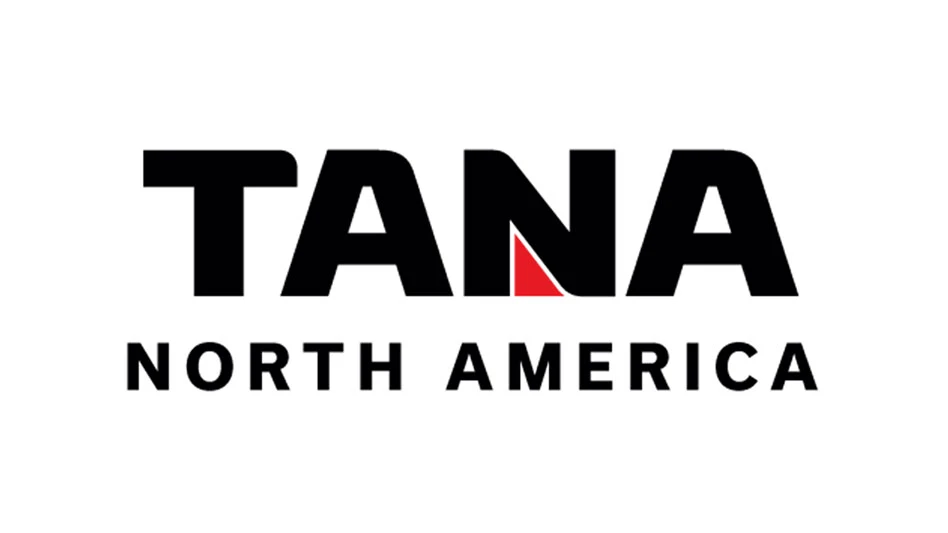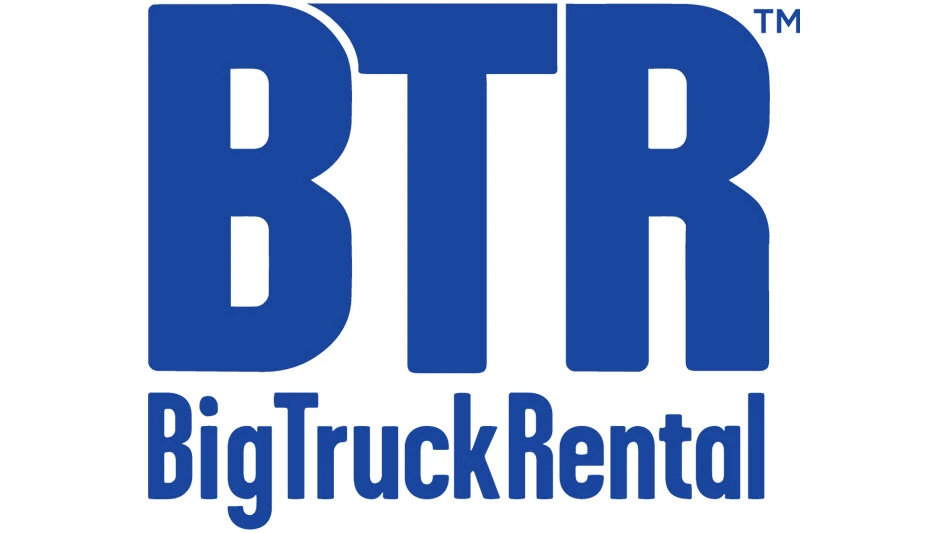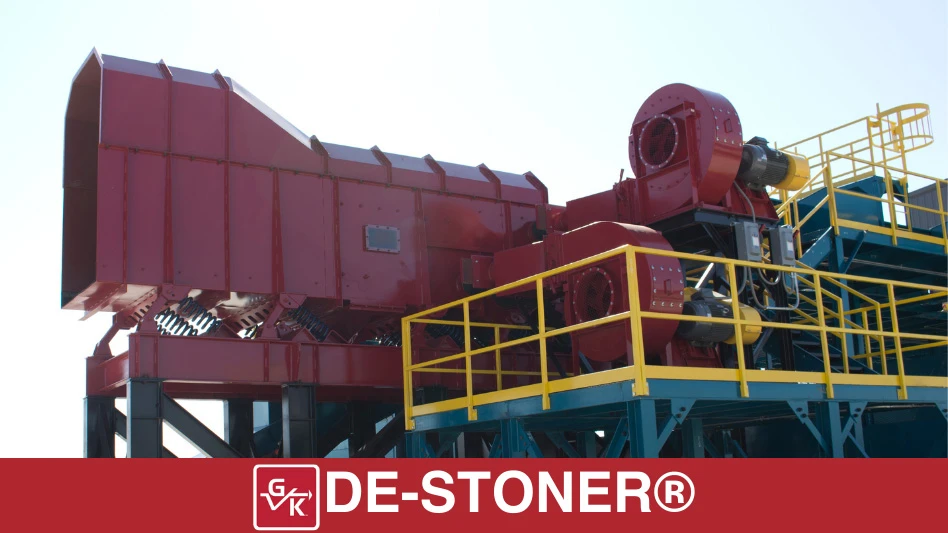
The year was 1954 when former President Dwight D. Eisenhower put forward a plan for the interstate, boxers Rocky Marciano and Ezzard Charles went toe-to-toe in two historic heavyweight bouts, Ernest Hemingway was awarded the Nobel Prize for Literature and construction on Disneyland began. It was also the year that Portland, Oregon-based contractor Northwest Demolition & Dismantling first opened shop.
The company made a name for itself doing extensive work in the Pacific Northwest, including demolishing housing blocks to make way for commercial developments.
Progressing from a small local contractor, sources say the last 20 years has seen Northwest Demolition become a sought-after firm focused on high-profile industrial decommissioning and environmental remediation projects. Its growth has also been made possible by being selective in the types of customers and partners it works with, as well as creative in the way it has customized its fleet of equipment.
“We’ve built the best fleet and the best team of people to do the safest, highest quality work,” David Williams, president of Northwest Demolition, says.
TAILORED FOR THE JOB
Tasked with the job of ensuring Northwest Demolition’s machines are fit for purpose is Volvo Construction Equipment (Volvo CE), with U.S. offices in Shippensburg, Pennsylvania.
Williams says the Volvo’s excavators are tailored and purpose built to take on a variety of demolition tasks.
“We’ll often take a standard excavator and put an additional $200,000 into it to make it specifically suited to one of our jobs,” he says. “Having a machine that can dig a 100-foot-deep hole one day and be shearing steel the next is what ensures our machines and our people are never underutilized.”
The equipment is modified and delivered by Volvo CE’s dealer PacWest Machinery in Seattle. A nuclear facility in Eureka, California, is another example where a customized excavator was sent on a job. The work required the Volvo EC220 crawler excavator to be outfitted with remote control, including stainless steel high-temperature pipes with blowers that extract exhaust and heat away from the nuclear facilities.
“That’s a unique setup, just due to the nature of the site,” Ed Kanable, sales representative for PacWest, says. “If any issues arise with the machine, we actually have 150 feet of ABS (antilock break system) cables hooked up and run underground to a bunker where we connect the computer to the machine.
He adds, “If we have to go in and make a repair, it requires suiting up in full-body PPE (personal protection equipment) equipped with video cameras and monitors.”
HISTORY IN THE MAKING
Northwest Demolition also stationed Volvo articulated haulers alongside excavators in Midway Atoll, an island in the northern Pacific Ocean that is home to a World War II Naval facility. Tearing down buildings in support of the albatross population, the fleet consists of four Volvo A30 dump trucks with extended dump bodies and two EC290C hydraulic excavators, which are equipped with jaw crushers from MB America, Reno, Nevada, that scoop up concrete from the buildings and crush it inside the bucket to be used as recycled beach material.
The company’s most recent equipment acquisition included the purchase of a new Volvo EC480E crawler excavator. “We took the EC480E base and modified it with a demo package, including heavy-duty doors, front corner guards, catwalks, underbelly guards and a unique cab lift that raises up the cab and extends it forward by 8 feet, so it really looks more like a scrap handling machine,” Kanable says.
Additionally, the EC480E was outfitted with a custom boom foot to allow the demolition firm to connect a previously owned 95-foot boom onto the machine and still allow for converting it back to a standard boom as needed. At PacWest, Williams has one point of contact.
ONE-STOP SHOP
Kanable manages the customization process and represents all parties when making a sale to Northwest Demolition.
PacWest also handles aftermarket care. “We do 80 percent of the maintenance support and work,” Kanable says. “If something goes wrong with an attachment we can’t fix, we have the manufacturer take care of it, but my customer only has to deal with me.”
PacWest’s one-stop approach also extends into financing. Under normal circumstances, purchasing, financing and maintaining such highly customized machines with multiple third-party attachments can become a complex process. Volvo Financial Services (VFS) can save a client from having to work with multiple parties, according to Kanable.
“If you have a new job coming through, and then you have to explain to multiple financing organizations exactly what your equipment and attachments will be used for, and then wait for them to do risk and pricing analysis before getting you an answer—that can be the difference between a job won or lost,” Kanable says.
“If you want to work with us, safety and quality better be your highest priorities, and the customers we work with are the ones who are willing to pay for a job being done the right way,” Williams says. “We’ll keep relying on the approach that has made us successful up until this point, and PacWest and VFS have been a big part of that.”
“Northwest Demolition is an incredible group of guys to work with,” Kanable says. “They’re young, smart and out there to make their mark in the world—and they always give us a challenge. We do some really different things for them. The more unique, the better—and we always make sure it meets their needs and budget.”

Explore the November 2017 Issue
Check out more from this issue and find your next story to read.
Latest from Construction & Demolition Recycling
- C&D World session preview: Key strategies for effective fleet maintenance
- Rotochopper hosts equipment owners at annual training program
- EAF mill underway in California
- On the move
- Viably teams with Turmec on materials processing systems
- Tight supply poised to keep recycled steel prices buoyant
- Untha shredder prepares SRF in the UK
- Mammoet on the job at Montréal Olympic Stadium project





